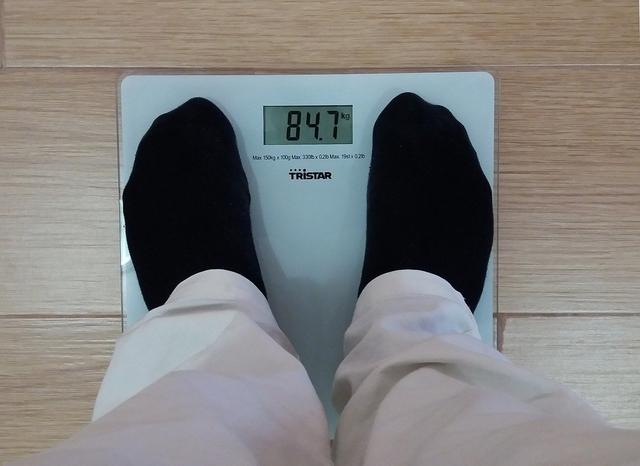Scientists define hunger as an urgent desire for food, stimulated by the hormone of gratedin, which the brain secretes under the guidance of the digestive system.This is "physical hunger" or real innate hunger, which drives the body to eat to produce energy in order to survive.
It occurs when you feel that your stomach is empty, the pain of hunger raises you, and you may suffer from low blood sugar and feel weak, lack of focus or fatigue, and you can get rid of all this except by eating.
But some people eat food without being hungry.This is the "psychological hunger" that is associated with a strong desire or a feeling of boredom, says psychologist Suzan Albrez that "boredom causes an emotional kind of hunger, where we are full and search for something that sits, perhaps because of low energy or a dispersed mind."
According to studies, this is a dangerous type of eating disorders, called "emotional eating", where psychological stress and other negative feelings become a motive for excessive eating, causing obesity and related diseases.
One of the most common factors for psychological hunger, according to the Healthline.com:
Most of the factors that cause psychological hunger, according to studies, people with stress, sleep disorder and ease of purchasing fast foods are more likely to excessive emotional eating out of boredom.
Chronic psychological stress changes hunger hormones due to the hormone cortisol, and enhance the desire to eat, according to a study conducted in 2019. According to another study, these hormonal changes may push people who suffer from weight gain to excessive food eating under pressure,It causes obesity.

Sleeping has a strong effect on your eating habits. Some studies indicate that those who do not get enough sleep eat more snacks and calories, and increase their probability of gaining weight.
High -treatment foods, such as potato chips, sweets and fast food, are designed, so that they are delicious and your mind is equal immediately, regardless of your feelings of real hunger.
When some people try to lose weight by overcoming some meals, this often brings counter -results, as waiting long between meals may lead to excessive eating.
Psychological hunger can usually be since childhood for children whose parents are rewarded with delicious food.Likewise, on social occasions, when we see people eat or drink, it is likely that their carpentry, even if we are not hungry.
Research indicates that advertisements that broadcast happy people eating food may be an incentive for psychological hunger.
Sometimes we eat when we are not hungry, this is normal and does not cause concern, as long as it occurs irregularly.But it routinely repeating it turns into a psychological hunger that may lead to weight gain and other health problems, so experts advise on the aforementioned site:
While there is nothing wrong with asking yourself sometimes sugary foods, treatment or calories, keeping them away from your kitchen and your dialect helps to overcome psychological hunger when you feel bored.
If you are eating in front of TV, computer, or smartphone, you are likely to pay more attention to what is happening on the screen instead of the food you put in your mouth, so don't feel your stomach is full.
By slowly eating and tastes it, give your mind enough time to feel full.
Try to plan your day's activities and set time for your meals, this can contribute to protecting you from boredom.
Keep the household list that you need to accomplish, read, or get up when you feel bored.
If you want to eat without feeling hungry, try to occupy yourself 30 minutes to get rid of this desire, because physical hunger feelings begin after this period.
It is important to note that some people may need to work with a processor or nutritionist to control emotional eating, whose regularity may indicate a major problem.
The opposite scenario in the sense of feeling physical hunger while not being able to eat.Like someone who is dominated by real hunger while he is in a long work meeting, the time of lunch, for example, is excessive in eating when he has an opportunity to eat it, which causes him to gain weight, especially if this happens regularly.
So it is advised to prepare for a longitage meal for such conditions, but once you can eat, do it slowly, and stop when you feel full to avoid excessive eating.
He is interested in drinking water, as dryness and thirst send wrong messages with a feeling of hunger, and they can also try chewing gum as a temporary solution to relieve hunger.